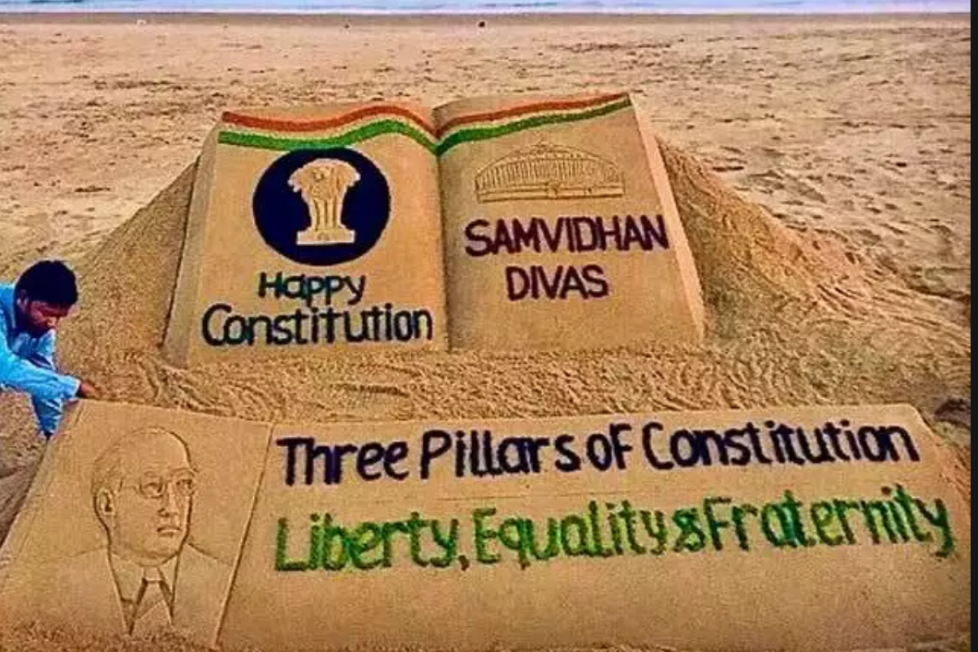The coal mining conundrum: Dehing Patkai and beyond


“Many things we need can wait, the child cannot. To him, we cannot say, ‘tomorrow.’ His name is today.” – Gabrriella Mistral.
So is economic and social growth.
Recently, the Justice B P Katakey Commission, constituted by the Assam government last year to probe the alleged irregularities in coal mining at the Dehing Patkai National Park has submitted its report. The Commission has flagged the gross violation of rules while mining coal in the fragile rainforest ecosystem situated in the eastern part of Assam. This article argues that the important lesson one needs to draw from the Justice Katakey Commission findings is that it is the flouting of the laws governing coal mining that constitutes the real problem. Coal mining per se is not the problem.
Let us dwell on the connotations of this argument.
The current understanding in policy circles is that we have to find the right balance between environmental preservation and the imperative to mine the coal and thereby allowing it to build the economy. What I mean by ‘environmental preservation’ is the need to follow due procedure during the process of mining – from the auctioning of mines to the disposal of toxic wastes – everything needs to be done according to the guidelines. On the other hand, there is the equally important imperative of economic growth. Let us illustrate it with a few concrete examples lest the doubting Thomas construe it as a vague proclamation.
The state of Assam is in the midst of a digital transformation, thanks to a number of government initiatives. Gone are the days when one had to stand in long queues in front of the district employment office to get oneself registered, or make umpteen trips to the school board office to get a duplicate certificate. These facilities are now available at the click of a mouse.
Yet another service being rolled out by the state government is called Mission Basundhara. Under this facility, citizens can update land records and apply for other land related services like land mutation from the comfort of their homes. This service can have multiplier effects. Updating land records and digitalization of the same makes life easier for land owners. The land can then be used as collateral to avail credit. Moreover, updated and accurate land records are a pre-condition for contract farming, which is being pushed by the NITI Aayog as a means to double farmers’ income and usher in rural development.
However, a digital ecosystem cannot be built and sustained without 24/7 power supply and hence the need to generate electricity. The question might arise: why use coal (which is unclean) to generate power when renewable sources like solar and biomass are being aggressively pursued by the Indian government?
While renewable energy is certainly an indispensable part of our nation’s commitments to the global community (most recently at the UNFCCC cop26 in Glasgow), solar and biomass energy require a lot more investments in order to cater to everyday power needs. The present time is crucial; we cannot afford to wait till renewable energy is available around the clock. Development cannot be held back. We have to grow economically, socially and culturally and for such growth to take place, self-sufficiency in electricity generation is the sine qua non.
Even a cursory look at the economy of Assam reveals how intricately it is intertwined with power supply. From the tea industry (which contributes more than 50% of the country’s total tea production) to the cement and fertilizer industries, electricity provides an essential lifeline. These industries are, in turn, interwoven with many ongoing developmental projects of the government. For instance, a thriving cement industry is essential for construction and infrastructure projects including the numerous four-lane roads and the Pradhan Mantri Awas Yojana (PMAY) – Housing for All scheme.
Moreover, the vibrant start-up ecosystem in the state also requires a regular power supply to build on its foundations and grow. For instance, AgSpert is one such agri-tech start-up based in Guwahati that empowers small farmers with real-time monitoring of crops.
Therefore, electricity is the common platform on which these pro-people schemes of the government as well as the private sector depend. It is then no wonder that the World Bank’ Ease of Doing Business Index (now discontinued) used to consider ease in getting electricity connection as one of the indicators.
India is currently riding the crest of the demographic dividend. The average age of our population is 29 years (its 38 years in China). However, such an opportunity will not last forever. We are living in a decisive time which calls for a critical appraisal of the economic growth/environmental conservation binary and thereby, move beyond it to a more practical process where we can harness our resources within the framework of the law.
To go back to the Justice Katakey commission report, we need to view its findings with a positive attitude. The problems that it has highlighted present an opportunity to rectify the procedural mistakes and mine the coal in a sustainable way. Herein lies an opportunity to ensure that coal mining in and around the rainforest is done in accordance with the provisions of the Mines and Mineral (Development and Regulation) Act, 1957, Water Act 1974, Air Act 1981 and other extant laws.
At the same time, one needs to keep in mind an Intelligence Bureau (IB) report published in 2014 that called out foreign-funded NGOs for stalling developmental works in the country and in the process causing a loss of 2-3% to the GDP annually. Therefore, we need to be vigilant so that anti-development activists do not use the Commission’s findings to forever scuttle coal mining in the region.
DISCLAIMER: The author is solely responsible for the views expressed in this article. The author carries the responsibility for citing and/or licensing of images utilized within the text.
